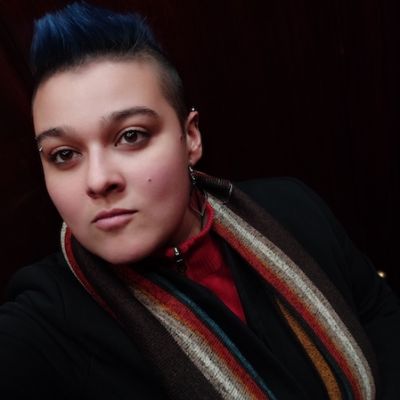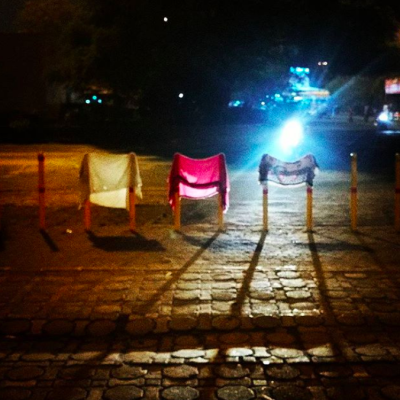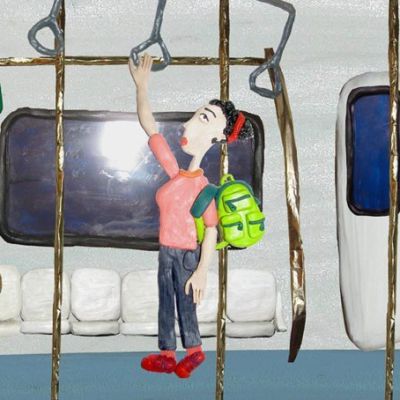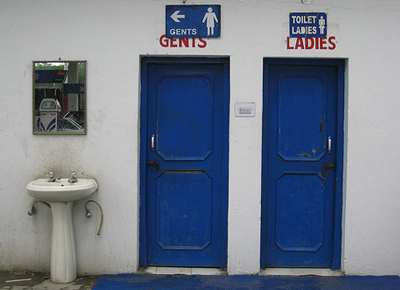accessibility
As a queer person, it’s hard not to think right away of chosen family. A term that has become relatively well-known by now, but not always understood I find. One of the primary support systems I personally, like many queer folx, depend on, are ones that we develop and nurture over time.
In our mid-month issue, we add context to our perceptions of and dealings with risk in our day-to-day lives. Collating and interpreting responses we received on a survey taken by small group of random individuals, Shikha Aleya looks at the transactions around risk foregrounded on the interplay of our location on the axes of gender and sexual identity, disability status, belief systems, and availability of support, amongst others.
Reasons why SRHR is not prioritised—but should be—in climate change policies, strategies, financing, and programmes are because women’s contribution and roles as agents of change are often disregarded due to gender inequality.
I gave myself the freedom to choose. And I chose to re-examine my assumptions. Maybe it was possible to ask strange men for directions without being afraid of seeming vulnerable. Maybe I could plan my outfit without bothering about the fact that I would be travelling on public transport.
Shilpa Phadke reminds us that we have the right to choose to take risks and the responsibility to respect difference so that we can re-imagine public spaces, feel a sense of belongingness in them, and have them belong to everyone.
It is necessary to recognize and address the key role that sexuality plays when it comes to our efforts against EFM. What we need to remember is that EFM “doesn’t just lead to a set of restricted choices; it reflects and reinforces a set of restricted choices that already exist.”
In our mid-month issue, Mahika Banerji describing herself as being ‘massively function-less’ and as having ‘no mobility’, takes us into her world, not a world of sob stories but one that holds promise of fulfillment…
केवल एक तरह से जीवन जीने, या अपनी यौनिकता को अनुभव करने से अधिक और भी बहुत कुछ होता है। इसके लिए ज़रूरी है कि पहले तो हम अपने मन में इसे स्वीकार करें और इसके लिए तैयार हों।
I said “excuse me”, walked past them and then never looked back to see the look on their faces. And then without a thought, I reached the destination and said loud and clear, “Woman’s seat”, which was a gesture to say “give me the seat, because it is a woman’s seat and you are a man sitting on it.”
अलग-अलग शौचालय बनाने के अपने लाभ हैं, विशेषकर जब कि एक जेंडर को दूसरे जेंडर से खतरा महसूस होता हो। लेकिन इस पूरे कृत्य को सामान्य बना देने और इसे जेंडर भेद से दूर करने से संभव है कि महिलाओं को, जहाँ कहीं भी वे हों, प्रयोग के लिए आसानी से शौचालय उपलब्ध हो सकें।
We can speak of many situations in terms of access or its lack for all kinds of people, and it will always give us insight into the society we live in in two interdependent ways: one, it reveals a polarity between who is given and who is denied access, and two, it determines the big-picture human value given to the commodity that the access is contested for.
I thought of myself as a feminist activist much before I formally entered the development sector space. I participated in…
प्रत्येक फैंटसी या कल्पना एक बेहद ही निजी अनुभव होती है, भले ही यह मन में ही रखी जाए या दूसरों को बतायी…
As a 17 year old who grew up in a relatively liberal Indian household, I should probably be proud of…
Neha is a proud, beaming 16-year-old. Standing on the lawns outside Delhi’s India Gate, she speaks to the camera about…















